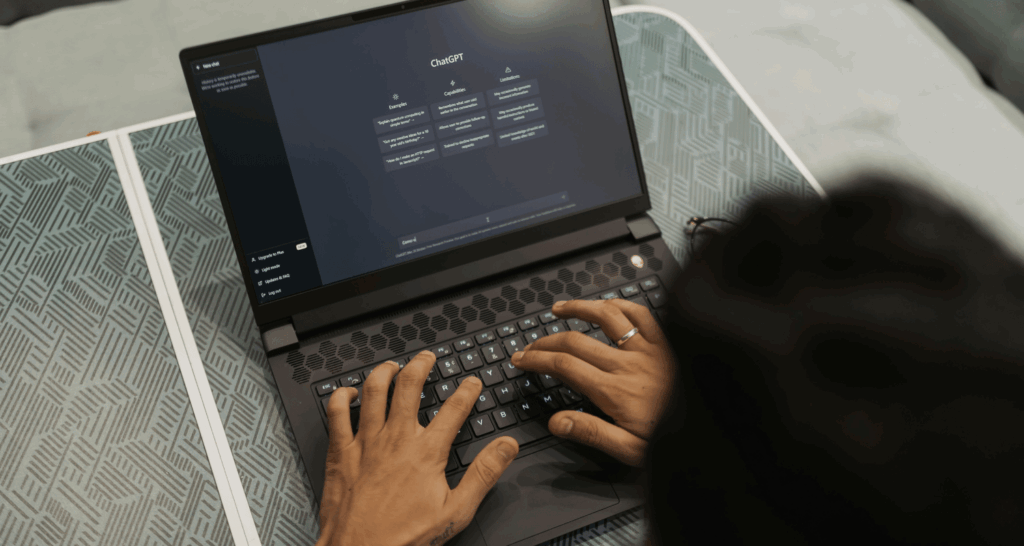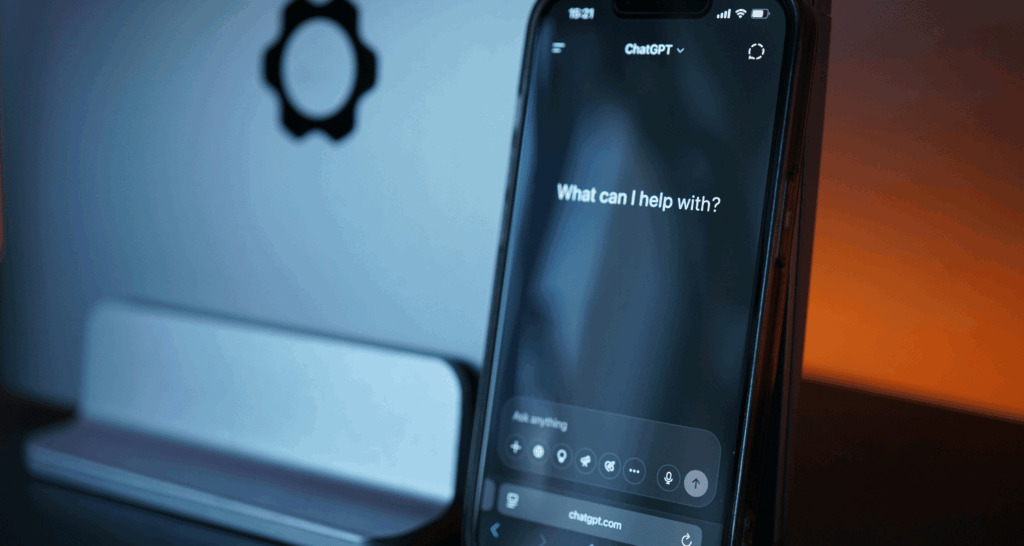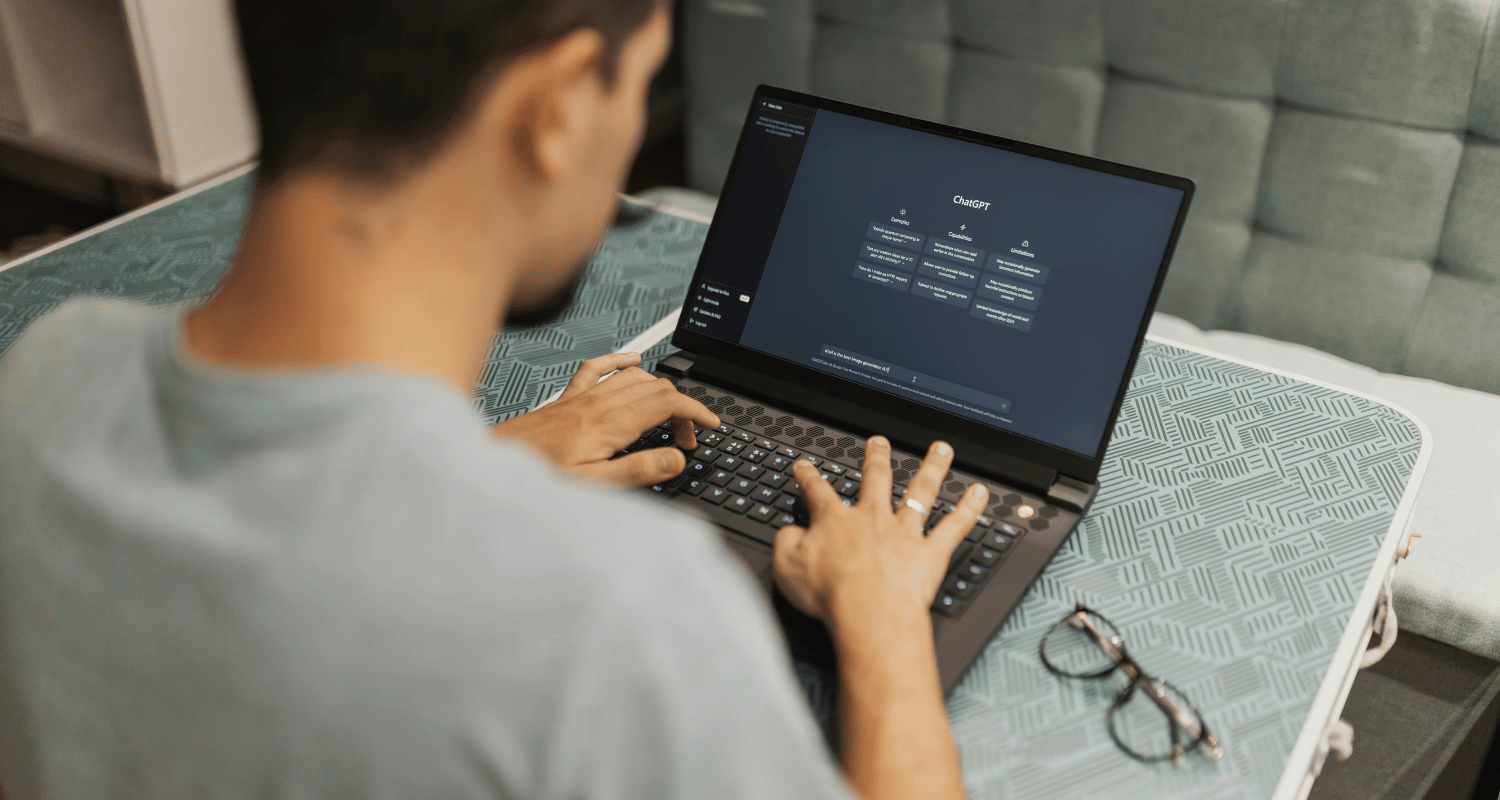It’s hard to miss the buzz around ChatGPT. And now, more hiring teams are wondering how it can help with recruiting. Whether you’re sorting through resumes, answering questions, or guiding people through the process, ChatGPT in recruitment management is becoming more common.
This article looks at how to use ChatGPT for hiring without overcomplicating it. It won’t replace recruiters, but it can help save time and make the hiring experience better—for both companies and candidates.
What Is ChatGPT?
Before we jump into use cases, let’s keep it simple. ChatGPT is a language model created by OpenAI. It reads what people type, understands the intent, and responds with helpful answers. You can ask it questions, give it prompts, and it replies in a natural way.
So how does that fit into hiring? Easy. Think of ChatGPT as a fast assistant that can respond 24/7, keep things moving, and support both sides of the recruiting process.
How to Use ChatGPT for Recruitment
Here are several ways recruiters and hiring teams can use ChatGPT for recruitment without breaking anything—or breaking the rules.
1. Automating FAQ Responses
Most candidates ask the same questions:
- What’s the pay range?
- What’s the team culture like?
- What’s the timeline for interviews?
Instead of making recruiters type out the same answers over and over, you can set up a ChatGPT hiring assistant to provide responses. This works especially well for high-volume roles.
You can even train it with past questions and answers, so the replies stay consistent and accurate.
2. Helping Candidates Understand the Process
Hiring can be confusing. What happens after they apply? Who should they contact? When will they hear back?
ChatGPT for recruiting can act like a virtual guide. It helps candidates:
- Learn how to fill out forms
- Know when to expect updates
- Understand what to bring to interviews
This makes a big difference for candidate experience—and cuts down on emails to your team.

Can ChatGPT Help You Get a Job?
Yes, it can help—but it won’t land the job for you. Here’s how candidates use ChatGPT to prepare better:
- Writing or editing resumes
- Getting help with cover letters
- Preparing for interview questions
- Learning about company values or industry terms
ChatGPT isn’t a cheat code, but it’s a helpful tool when used the right way.
Can I Use ChatGPT for a Job Interview?
Not during the interview, of course. But you can use ChatGPT to practice for interviews. You can ask it to:
- List common questions for a specific role
- Suggest strong answers
- Give feedback on your replies
Some even ask ChatGPT to play the role of the interviewer. It’s not perfect, but it’s useful for practice.
Can ChatGPT Screen Candidates?
This is where things get tricky. ChatGPT for resume screening is possible. It can scan resumes for keywords and job titles. You can ask it to summarize someone’s experience.
But be careful. If you use ChatGPT to make hiring decisions, there’s a risk. Bias can slip in. Context gets lost. Human oversight is still required.
Best use: Let ChatGPT help you organize or filter resumes. Then pass the best matches to your recruiters.
ChatGPT for Sourcing Candidates
One way to use ChatGPT for sourcing candidates is by asking it to write Boolean strings or search queries. For example:
- “Give me a LinkedIn search string to find software engineers in New York with Python experience.”
ChatGPT is quick at helping you refine search terms or generate ideas. It can also write outreach messages based on the role, making sourcing faster.
ChatGPT in the Candidate Experience
Here’s where ChatGPT can shine. A good hiring process keeps people informed. But most candidates say they feel left in the dark. ChatGPT can:
- Send personalized replies
- Share interview prep tips
- Offer updates after each stage
This improves satisfaction and can reduce drop-off. You don’t have to build a full chatbot. Even small uses—like writing clear follow-up messages—can help.

Is ChatGPT Used by Companies Like KeyBank or OpenAI?
Big brands like KeyBank and others are exploring tools like ChatGPT to improve candidate experience. OpenAI, the company behind ChatGPT, has used automation in their own hiring process as well. But most teams still use it alongside recruiters—not in place of them.
Should You Use ChatGPT for Hiring?
Only when it makes sense. Here’s a quick breakdown:
What ChatGPT Does Well:
- Writes clear job descriptions
- Prepares FAQs for candidates
- Helps recruiters answer common questions
- Speeds up outreach messages
- Supports interview prep and scheduling
What ChatGPT Shouldn’t Do Alone:
- Make final hiring decisions
- Score resumes without human review
- Replace recruiter judgment
When used correctly, ChatGPT for recruiting is a support tool—not a replacement.
Final Thoughts
Hiring is hard. There are lots of moving parts and lots of people to keep informed. Tools like ChatGPT make the process easier by helping you communicate faster and more clearly.
Whether you’re using ChatGPT for sourcing candidates, answering FAQs, or prepping for interviews, it can save hire time and improve the process. Just remember—it’s still a tool. People make the decisions. ChatGPT just helps along the way.
As more companies test out AI, we’ll see it become a regular part of hiring. But smart teams will always use it with care and common sense, just like Survale shares in their insights.
FAQs
You can use ChatGPT to write job descriptions, screen resumes, answer candidate questions, and support interview prep.
Yes. It helps speed up tasks like messaging, search strings, and even interview scheduling if connected with tools.
It can help you write better resumes, prepare for interviews, and improve communication. But it won’t get the job for you.
You can use it to practice interview questions. It’s helpful for prepping, but not for live interviews.
You can paste a resume and ask ChatGPT to summarize it, check for skills, or compare it to a job description.


